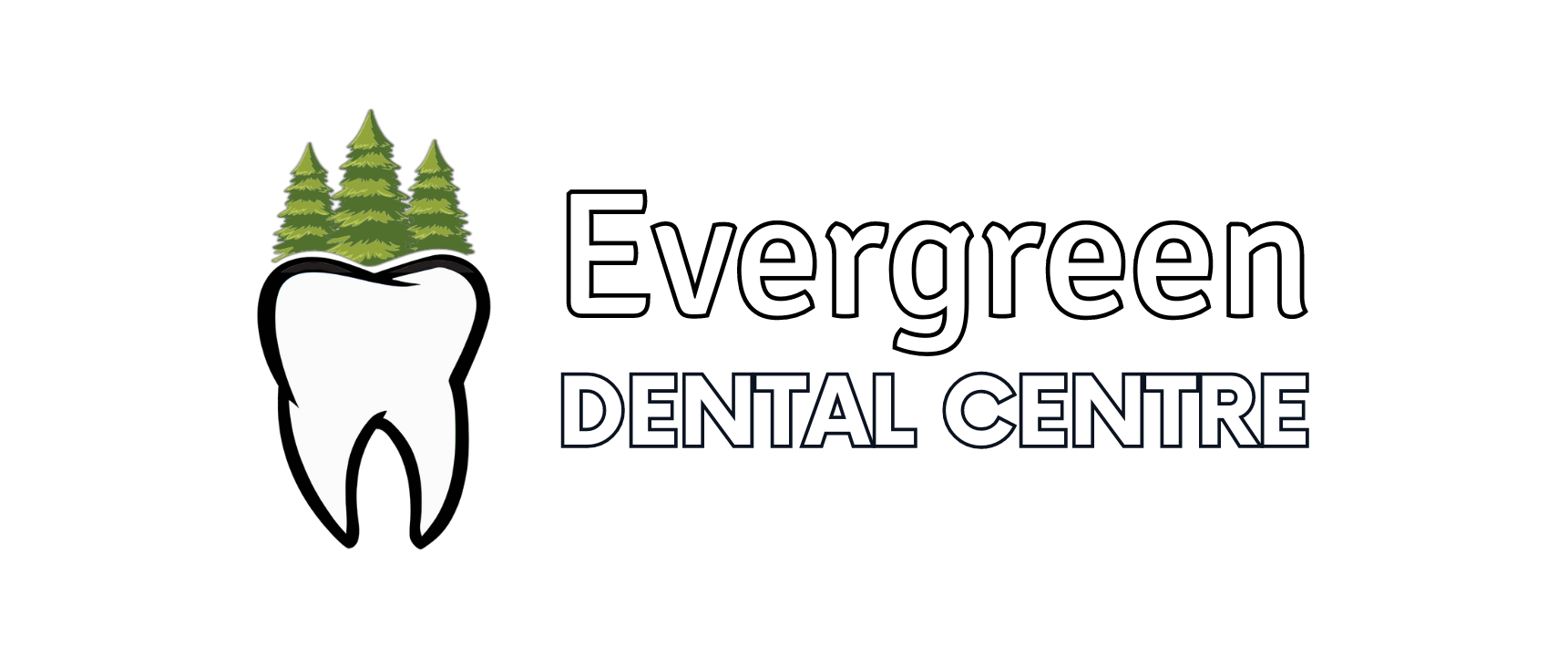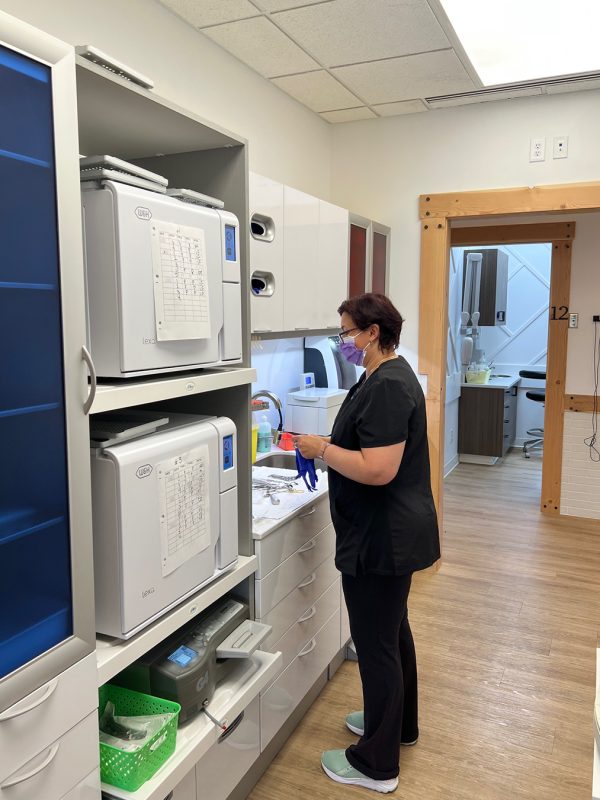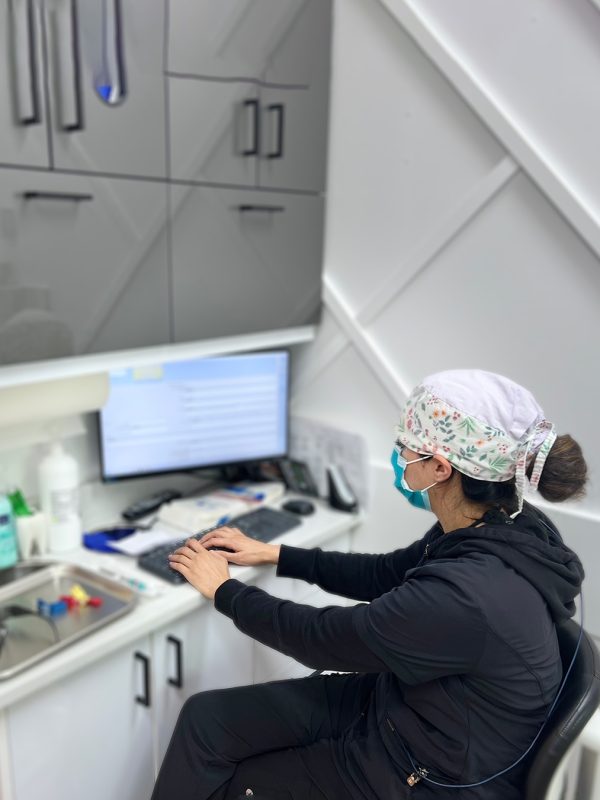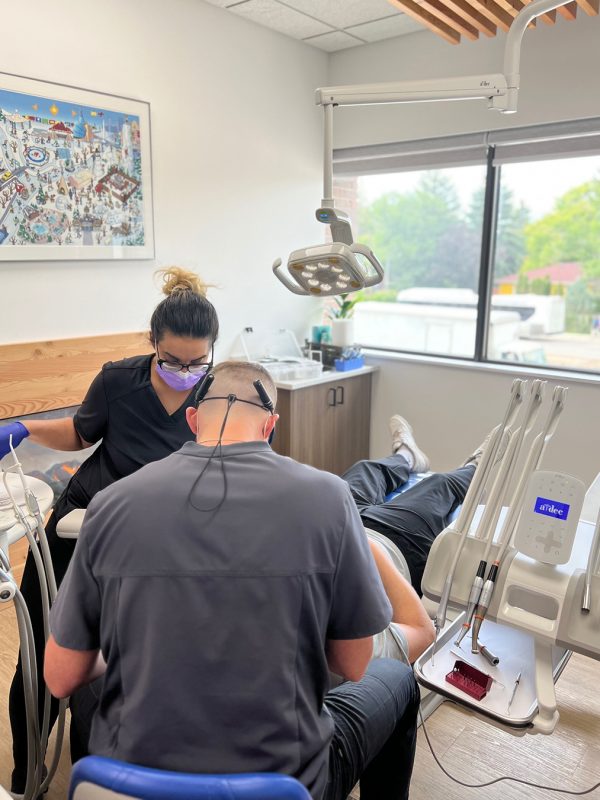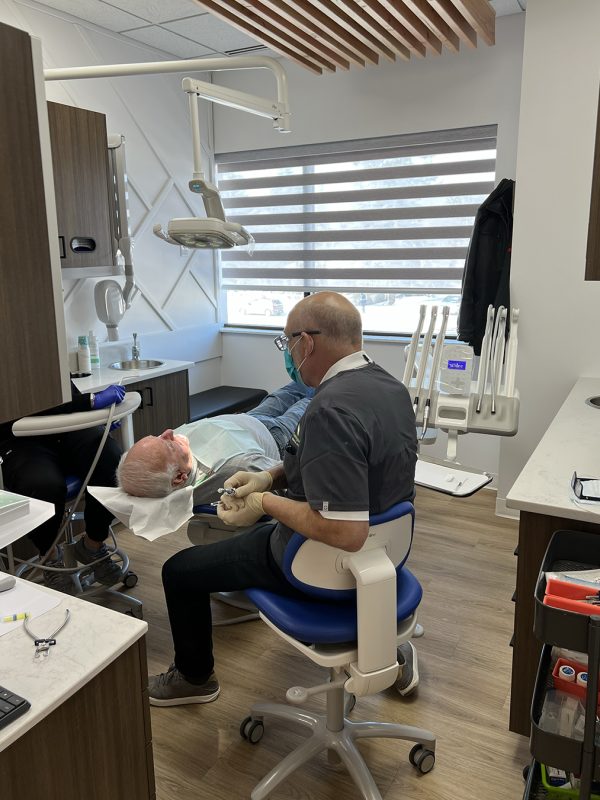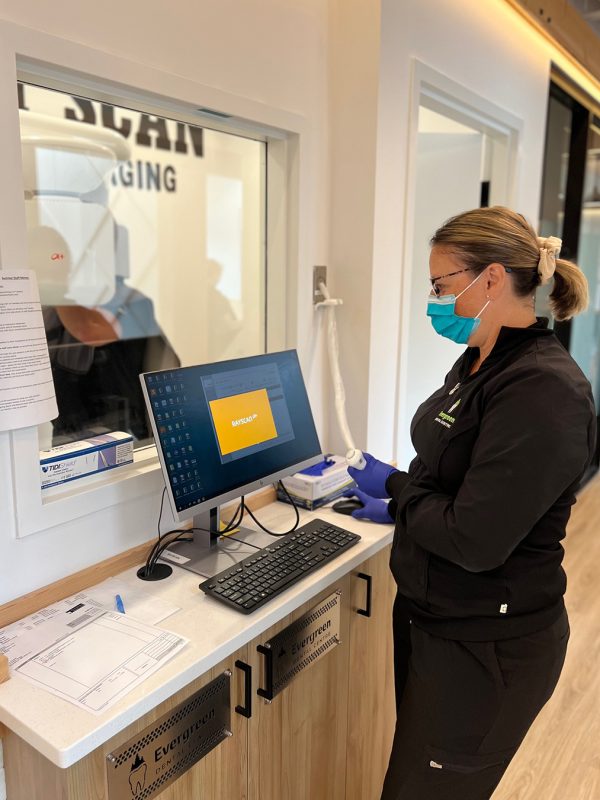Black rotten teeth are a serious oral health concern that can affect individuals of all ages. This condition, characterized by dark discoloration and decay, can lead to pain, infection, and even tooth loss if left untreated. Understanding why black rotten teeth develop and how to address them is essential for maintaining a healthy mouth. In this article, we will explore the causes, symptoms, and preventive measures to help you protect your teeth and avoid severe dental complications.
Table of Contents:
- What Are Black Rotten Teeth?
- Causes of Black Rotten Teeth
- Symptoms of Black Rotten Teeth
- Prevention of Black Rotten Teeth
- Conclusion
What Are Black Rotten Teeth?
Black rotten teeth refer to teeth that have turned dark due to extensive decay, infection, or enamel erosion. The discoloration can range from brown to black and is often accompanied by pain, bad breath, and sensitivity. This condition typically results from prolonged exposure to harmful bacteria, poor oral hygiene, or underlying medical issues. As decay progresses, the affected teeth may become brittle, develop foul odors, and cause persistent discomfort. If left untreated, black rotten teeth can lead to severe damage, requiring extensive dental treatments such as extractions or root canals.
Causes of Black Rotten Teeth
Black rotten teeth develop due to a combination of factors that contribute to tooth decay, infection, and enamel damage. Understanding these causes can help prevent the problem before it worsens. Here are the most common reasons why teeth turn black and rot:
Poor Oral Hygiene
Not brushing and flossing regularly allows plaque and bacteria to build up on your teeth. Over time, this leads to cavities, which, if untreated, can progress into severe decay and black discoloration.
Excessive Sugar and Acidic Foods
Consuming high amounts of sugary and acidic foods contributes to tooth decay. Sugar feeds harmful bacteria in the mouth, which then produce acids that attack the enamel. Acidic foods and drinks, such as citrus fruits and sodas, further weaken the enamel, making teeth more susceptible to decay and discoloration.
Smoking and Tobacco Use
Cigarettes, chewing tobacco, and other tobacco products contain harmful chemicals that stain teeth and promote bacterial growth. Long-term use can cause deep discoloration and increase the risk of severe decay.
Untreated Cavities
Cavities begin as small holes in the enamel caused by bacterial acid erosion. When left untreated, these cavities grow larger and deeper, eventually reaching the dentin and pulp of the tooth. As the decay progresses, the tooth may become blackened due to dead tissue, infection, and the accumulation of bacteria.
Medical Conditions and Medications
Certain antibiotics, iron supplements, and medical conditions (such as severe gum disease or diabetes) can contribute to black stains or decay. Dry mouth, often caused by medications, also reduces saliva production, making it easier for bacteria to cause damage.
The good news is that many of these causes are preventable with proper oral care and lifestyle choices. In the next section, we’ll discuss the symptoms to watch out for so you can catch and address the problem early.
Symptoms of Black Rotten Teeth
Recognizing the early signs of black rotten teeth can help prevent severe damage. Here’s what to watch for:
- Dark Discoloration – Teeth may turn yellow, brown, or black as decay progresses.
- Persistent Bad Breath – Rotting teeth produce foul-smelling bacteria, causing chronic bad breath.
- Tooth Sensitivity – Increased sensitivity to hot, cold, or sweet foods due to enamel erosion.
- Tooth Pain – Mild discomfort can turn into sharp, throbbing pain, especially when chewing.
- Visible Holes or Cavities – Decay creates pits or holes, weakening the tooth.
- Swollen or Bleeding Gums – Red, inflamed gums around the affected tooth may signal infection.
- Loose or Brittle Teeth – Severe decay can cause teeth to weaken, loosen, or break.
- Pus or Abscess – A serious infection may lead to swelling, pain, and pus near the gum line.
If you notice any of these symptoms, seeking dental care early can help save your teeth and prevent complications. In the next section, we’ll cover effective ways to prevent black rotten teeth.
Prevention of Black Rotten Teeth
Taking care of your teeth daily can help prevent black rotten teeth and serious dental problems. Follow these steps to maintain a healthy smile:
Maintain Good Oral Hygiene
- Brush twice a day using fluoride toothpaste to strengthen enamel and prevent decay.
- Floss daily to remove plaque and food particles between teeth.
- Use an antibacterial mouthwash to kill bacteria and freshen breath.
- Replace your toothbrush every three months or sooner if the bristles are frayed.
Reduce Sugar and Acidic Foods
- Limit sugary foods and drinks like candies, sodas, and pastries to prevent bacterial growth.
- Reduce acidic foods such as citrus fruits, vinegar, and carbonated beverages, which erode enamel.
- Choose tooth-friendly snacks like cheese, yogurt, nuts, and crunchy vegetables to promote oral health.
- Drink plenty of water to rinse away food particles and maintain saliva production.
Quit Smoking and Avoid Tobacco
- Seek professional help to quit smoking, as tobacco increases the risk of decay and gum disease.
- Use nicotine replacements like patches or gums to reduce cravings.
- Chew sugar-free gum as a healthier alternative to smoking.
- Be mindful of long-term effects—smoking stains teeth, weakens gums, and leads to severe dental issues.
Visit Your Dentist Regularly
- Schedule check-ups every six months for professional cleanings and early issue detection.
- Treat cavities early to prevent them from worsening.
- Ask about fluoride treatments or sealants for added protection.
- Address dental concerns immediately—don’t wait for pain or symptoms to escalate.
A consistent oral care routine and regular dental visits can prevent serious issues and keep your teeth healthy. If you already have signs of decay, early treatment is key to avoiding further damage.
Conclusion
Black rotten teeth are a serious issue, but as we’ve explored, they are often preventable. With proper oral hygiene, a healthy diet, and regular dental visits, you can significantly reduce the risk of decay and maintain a strong, healthy smile. Early detection is key—recognizing symptoms and addressing dental issues promptly can prevent more extensive treatments down the line.
If you’re concerned about the health of your teeth or have noticed any of the symptoms discussed, we encourage you to schedule a consultation. We can assess your individual needs, provide personalized advice, and help you develop a plan to achieve and maintain optimal oral health. Don’t wait until it’s too late!
